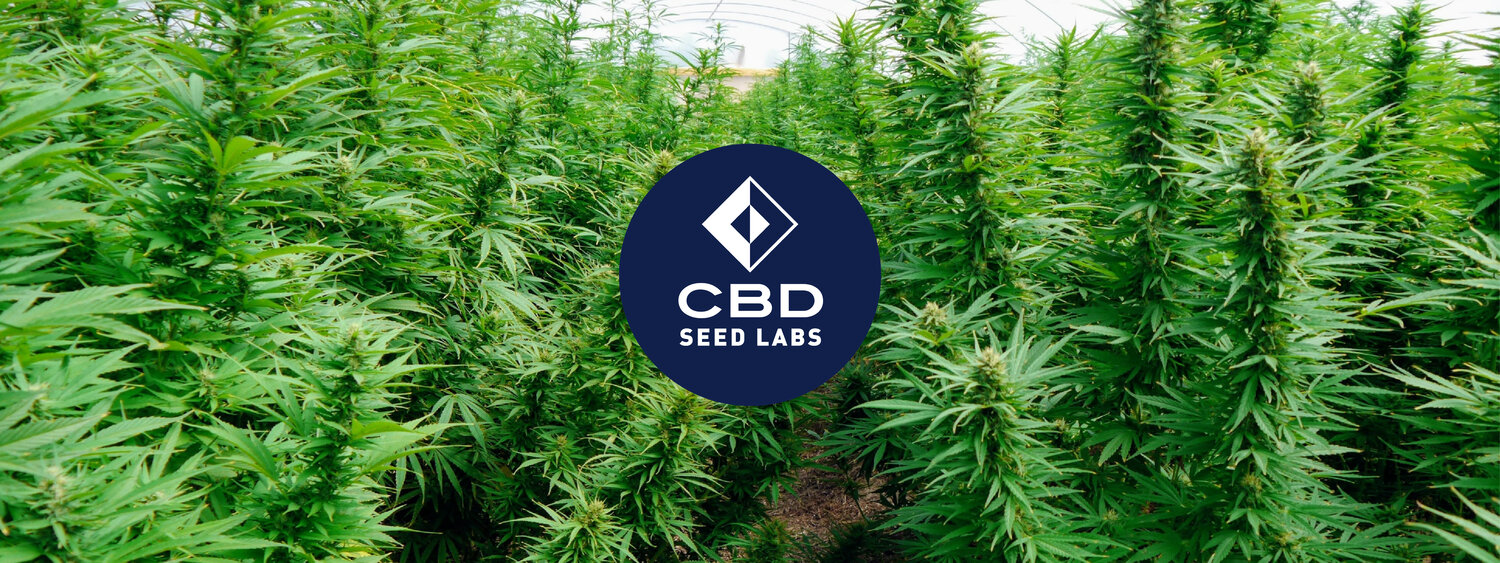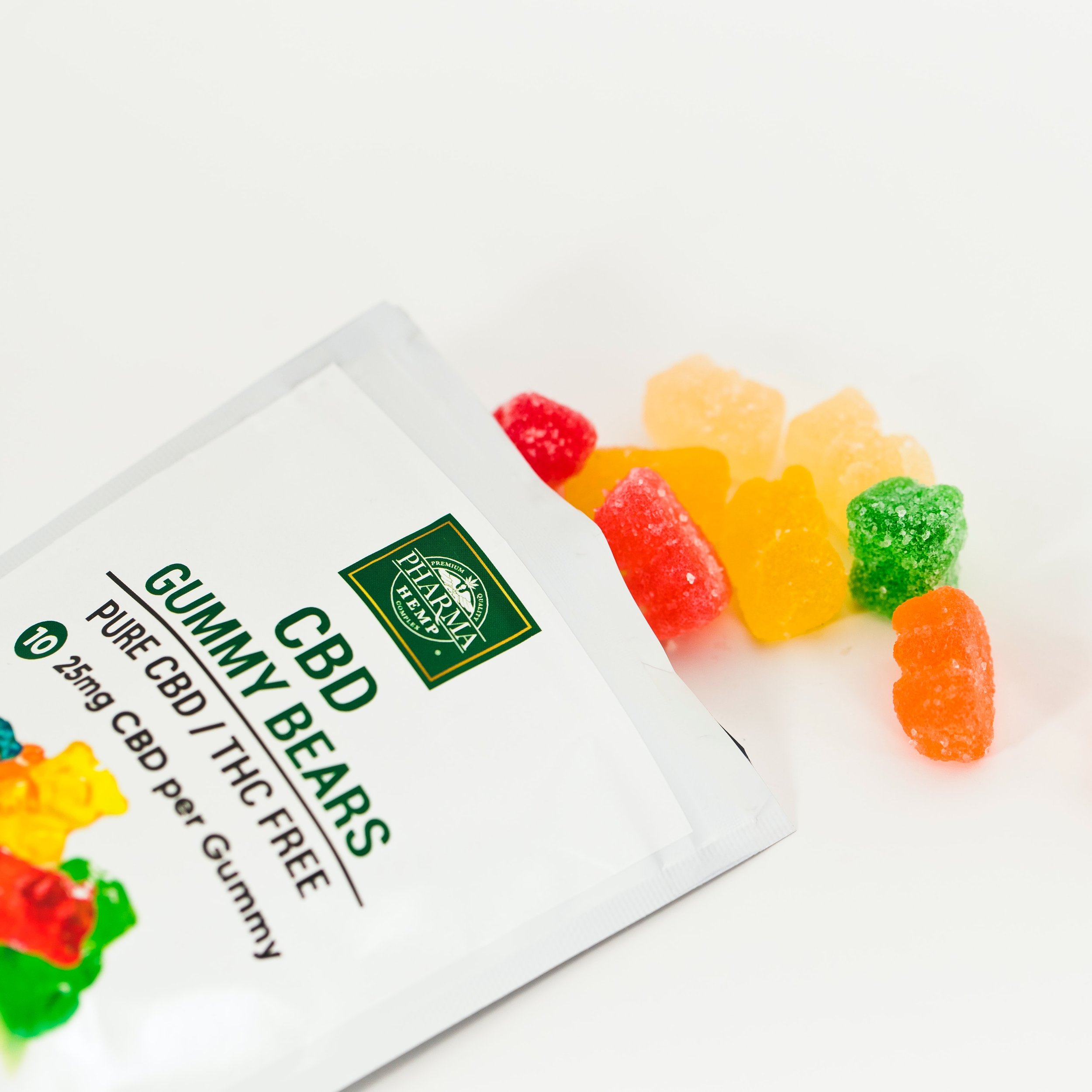Welcome Australian Hemp Growers!
Australia’s historical foundations can be traced back to 1788, when the British sought to establish a penal colony in New South Wales. However, recent documentation may suggest that Australia was strategically devised to be a hemp colony.
During the colonial era, hemp was an extremely valuable commodity, used in the creation of textiles, food, and medicine. Moreover, hemp fibers were essential in the formation of nautical sails and rope, which contributed to the overall strength of the British Naval Fleet.
In order to meet demands, Britain expanded its horizons and created a colony in New South Wales for the purpose of producing hemp. However, the seeds used by the British happened to be Cannabis Indica and not the fibrous Cannabis Sativa so attempts to produce quality textiles were eventually abandoned.
Yet, industrial hemp remained in Australia and was refined over the centuries to better suit its climate. Hemp served as a commercially viable crop for decades until the U.S along with Australia, adopted the Marijuana Tax Act of 1937, which prohibited the possession, cultivation, and manufacturing of any cannabis related substance.
Hemp’s prohibition lasted until 1998, when the Australian government finally allowed Victoria the permission to grow and manufacture hemp for only export purposes. However, the state of Victoria now allows hemp to be distributed in the domestic market and classifies industrial hemp to be less than .35% THC.
Also, in 1998, Queensland revised the Drugs Misuse Act 1986 and Drugs Misuse Regulation 1987, to allow the cultivation of industrial hemp. The state defines that commercialized hemp must not exceed 1% THC, and to be grown from seed certified to be less than .5% THC.
Feminized Cherry Blossom
Feminized Maverick (autoflower)
Years later, Western Australia adopted new policies of the Industrial Hemp Act 2004 and the Industrial Hemp Regulations 2005, thus enabling farmers to obtain a license to cultivate hemp for its seeds, fibers, leaves, and flowering heads with a threshold of .35% THC.
However, as of September 2018, Western Australia has amended its previous regulations and have increased the threshold to 1% THC! Within the same year, WA reported a substantial increase in the amount of licensed growers and acres planted -
39 → 70 (Hemp Growers)
77 → 193 (Acres of Hemp Planted)
The local government is also funding research projects for the purpose of developing genetics suitable for tropical and Mediterranean climate zones.
The next Australian state to allow cultivation of hemp, was New South Wales. In November 2008, the local government passed the Hemp Industry Act and Hemp Industry Regulation, which granted farmers the permission to acquire a license to cultivate industrial hemp that does not exceed 1% THC.
The last Australian state to endorse hemp was South Australia. In April 2017, parliament passed The Industrial Hemp Act, and set the allowable limits for leaves, flowers, and stems to be less than 1% THC.
Since 2017, South Australia has reported significant growth for its hemp industry and is predicting annual revenue to be $3 million or more for the years ahead! Furthermore, the Australian hemp market as a whole is anticipated to reach $20 million by 2028.
In summary as of 2022, it is legal to grow hemp in all of Australia's states and territories!
Victoria- .35% THC
Queensland- 1%THC
Western Australia- 1% THC
New South Wales- 1%THC
South Australia- 1% THC
With over 60 years of combined hemp industry expertise, we are able to provide-
Our premium high CBD, feminized Hemp genetics offer outstanding terpene profiles, compliant COA’s with world class cannabinoid ratios, 99% viability and 99.9% feminization rates
We offer discreet, fast and secure international shipping, $85-$125 (depending on size and location) and offer free shipping with orders over $5,000.
We are also able to provide Official Department of Agriculture Phytosanitary Certificates at a fee of $285.
We pride ourselves on exceptional customer service with timely response and quick turnarounds.
In addition we offer free, limited, consultations with our Master Growers on all orders over 1,000 seeds.
Tasmania and Hemp
Tasmania legalized hemp cultivation in 1971, under The Poisons Act, which allowed farmers to grow hemp that did not exceed .35% THC.
Decades later in 2015, the The Industrial Hemp Act was introduced, and has since increased the legal threshold to 1% THC.
In addition, the Industrial Hemp Act authorizes growers to apply for:
a license to supply
a license to cultivate
a license to manufacture
a license to research
a combination of the above license types
A license can be issued for up to 5 years and has no associated fees!
Tasmania is estimated to grow 66% of Australia's hemp, with around 2,500 hectares dedicated to cultivating hemp. In addition, Tasmania’s hemp industry generates nearly $5 million in annual revenue and produces 1,500 tones of hemp!
Feminized ACDC
New Zealand and Hemp
New Zealand has also been able to cultivate industrial hemp since 1971, under The Poisons Act, which allowed farmers to grow hemp that did not exceed .35% THC.
Decades later, New Zealand’s local government implemented the Misuse of Drugs (Industrial Hemp) Regulations 2006, which set the new THC limit to .5 %.
Under the Industrial Hemp Regulations 2006, individuals could apply for a:
Possession License
Cultivating License
Processing License
The licenses are issued for a one year period and require a $500 fee.
Farmers and entrepreneurs are seizing the opportunity to take part in the emerging hemp industry. Notable Australian companies that are capitalizing on the CBD market are Ecofibre Limited and Elixinol Wellness.
Ecofibre: Has an estimated market cap of $190 million (AUD). The biotech company specializes in producing cbd oils, hemp extracts, hemp food and textiles.
Elixinol Wellness: Has an estimated market cap of $25 million (AUD). The company specialized in manufacturing hemp food, cbd for pets, and cosmetics.


















